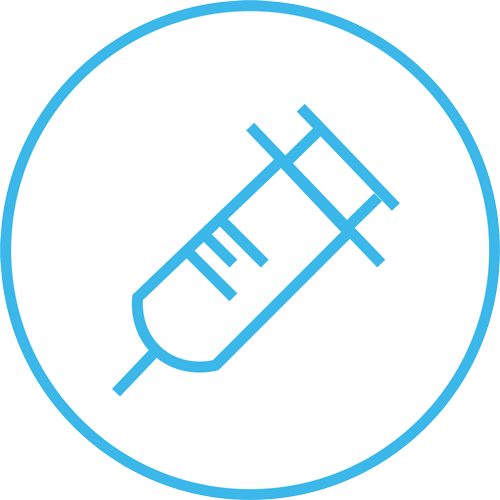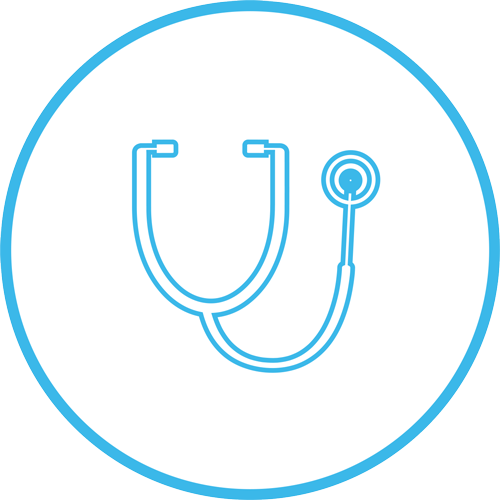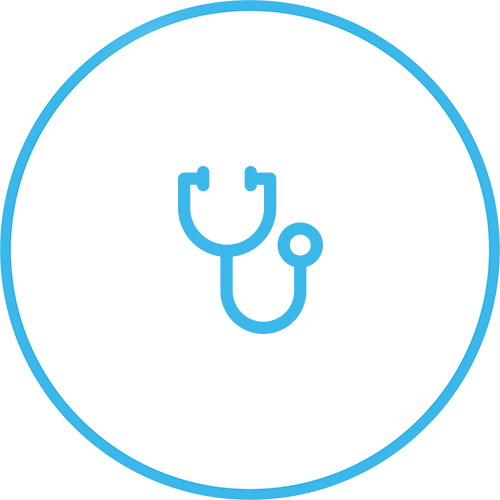Prevention – Playing Safe
Talk to your Partner, Respect Yourself, Protect Yourself.
There’s a lot you can do to reduce the chances of HIV/STI transmission. No prevention method is 100% guaranteed, so if you’re sexually active, it’s important to get tested regularly for HIV and other STIs. Here are a few ways you can take charge of your sexual health.
Condoms
PrEP

U = U

TasP
PEP
Condoms
When used regularly and correctly, condoms are highly effective at preventing the spread of HIV. They also work to prevent STIs that are transmitted through bodily fluids (Gonorrhea and Chlamydia) but provide less protection against STIs spread through skin-to-skin contact (Genital Warts, Genital Herpes, and Syphilis).
PrEP
PrEP (pre-exposure prophylaxis) is a prevention method used by people who are HIV-negative. When someone is exposed to HIV through sex or injection drug use, these medications continuously work to prevent HIV infection. PrEP is meant to be taken every day for however long the individual wants against HIV. PrEP is only offered as a prescription, but individuals can cease their PrEP regimen or reengage whenever they find it necessary.
Undetectable = Untransmittable (U=U)
People whose HIV viral load (the amount of HIV in the bloodstream) is stably suppressed, cannot sexually transmit the virus. HIV treatment can reduce the viral load in the bodily fluids that transmit HIV to undetectable levels. To become and remain undetectable, people living with HIV need to take their HIV treatment as prescribed. In addition to taking HIV medications, regular medical visits are important to monitor viral load and keep you as healthy as possible.

HIV Treatment as Prevention
TasP, or treatment as prevention, means taking antiretroviral medicines to prevent the transmission of HIV. Studies show that when a person living with HIV takes their antiretroviral medications as prescribed, their chances of spreading the virus are basically non-existent. HIV treatment reduces the amount of HIV in the body which will keep you and your sexual partners healthy. If you are living with HIV, it is important that you get connected to a medical provider and find a treatment to keep you healthy.
PEP
PEP (post-exposure prophylaxis) refers to the use of antiretroviral drugs for people who are HIV-negative after a single high-risk exposure to stop HIV infection. PEP must be started as soon as possible to be effective – always within 72 hours of a possible exposure – and continued for 4 weeks.






